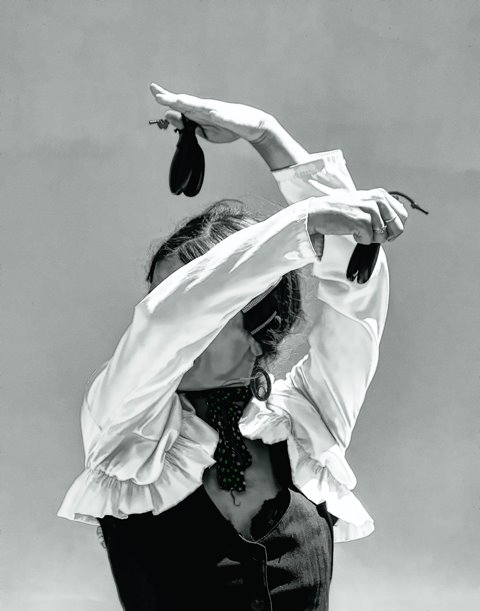Origin of the word “flamenco”
Another of the aspects that makes this art a true mystery is the definition of the exact origin of the term 'flamenco'. There are multiple theories about the genesis of this word, although perhaps the most widespread is the one defended by Blas Infante in his book Orígenes de lo flamenco (Origins of flamenco). According to him, the word "flamenco" was derived from the Arabic terms Felah-Mengus, which together mean "wandering peasant".
A curious theory which ended up having a lot of followers was the one which affirmed that flamenco was the name of a knife. However, this hypothesis wasn't very significant. The same happened with the one that standed for a connection with the bird called flamingo. Rodríguez Marín justified this idea as the singers performed dressed in a short jacket. They were tall and had uneven waists, looking like this wading bird .
Nor the theory led by experts such as Hipólito Rossy and Carlos Almendro has been verified. This one defends that the term "flamenco" comes from the polyphonic music in Spain during the XVI century which reached great importance in old Flanders. This theory was also defended by the romantic traveller George Borrow and Hugo Schuchard, among others. According to these writers, it was formerly believed that gypsies had germanic roots, which explains why they would be called flamencos.
Finally, there are two other interesting hypotheses. The poet Antonio Machado said that "gypsies call people from Andalusia gachós and they call gypsies flamencos”, without having any idea of the reason of that name. The writer Manuel García Matos affirmed that Flamenco came from the slang used at the end of the XVIII century and beginning of the XIX to designate all that means: ostentatious, pretentious or flashy.

Photo by Edgar Serrano on Unsplash